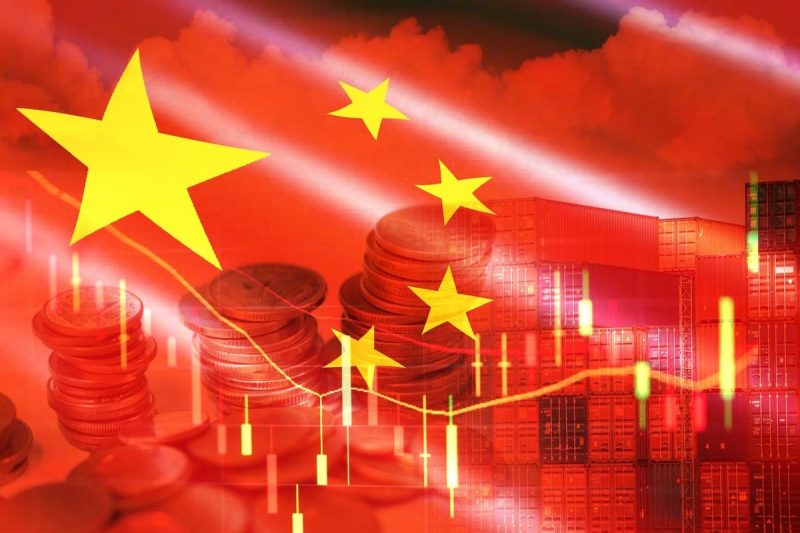In response to recent US chip controls, China has imposed restrictions on the export of key critical minerals, potentially disrupting global supply chains and intensifying the ongoing economic and technological rivalry between the two superpowers.
The move comes amid escalating trade tensions between the US and China over technology and national security concerns. Critical minerals such as rare earth elements are essential components in the manufacture of various high-tech products, including smartphones, electric vehicles, and defense systems. These minerals are key to the production of semiconductors, a critical component of electronic devices.
China’s decision to limit exports of critical minerals is seen as a retaliatory measure against the US for imposing restrictions on the supply of semiconductors to Chinese companies such as Huawei. The Chinese government has expressed concerns about its reliance on foreign suppliers for these vital resources and aims to bolster its domestic production capacity to reduce its vulnerability to external disruptions.
The impact of China’s export restrictions on critical minerals is likely to be felt across industries worldwide, with potential implications for the global supply chain and economic stability. Companies that rely heavily on these minerals may face challenges in sourcing alternatives or may be forced to pay higher prices due to reduced availability.
Efforts are underway in countries outside of China to diversify mineral sources and reduce dependence on a single supplier. The US, in particular, has been exploring ways to secure a stable supply of critical minerals through partnerships with allies and investments in domestic production facilities. However, achieving self-sufficiency in critical minerals will require significant time and resources.
The restrictions imposed by China on the export of critical minerals signal a growing trend of countries using their control over key resources as leverage in geopolitical disputes. As global competition intensifies, securing essential supplies and establishing resilient supply chains will become increasingly important for maintaining economic and technological competitiveness.
In conclusion, China’s decision to restrict the export of critical minerals underscores the strategic importance of these resources in the high-tech industry and highlights the complex interplay between geopolitics, trade, and technology. As countries navigate these challenges, developing long-term strategies to ensure a stable and secure supply of critical minerals will be essential for mitigating risks and fostering innovation in the global economy.

